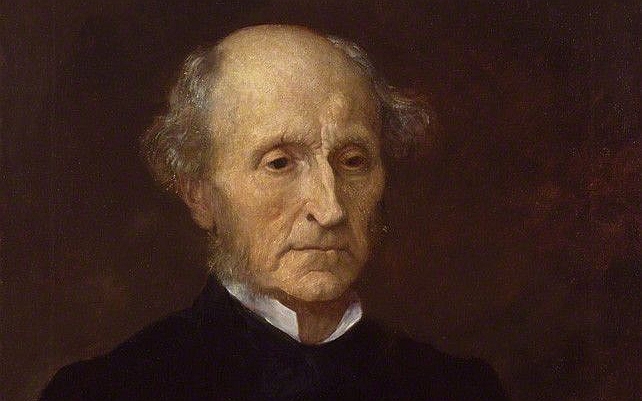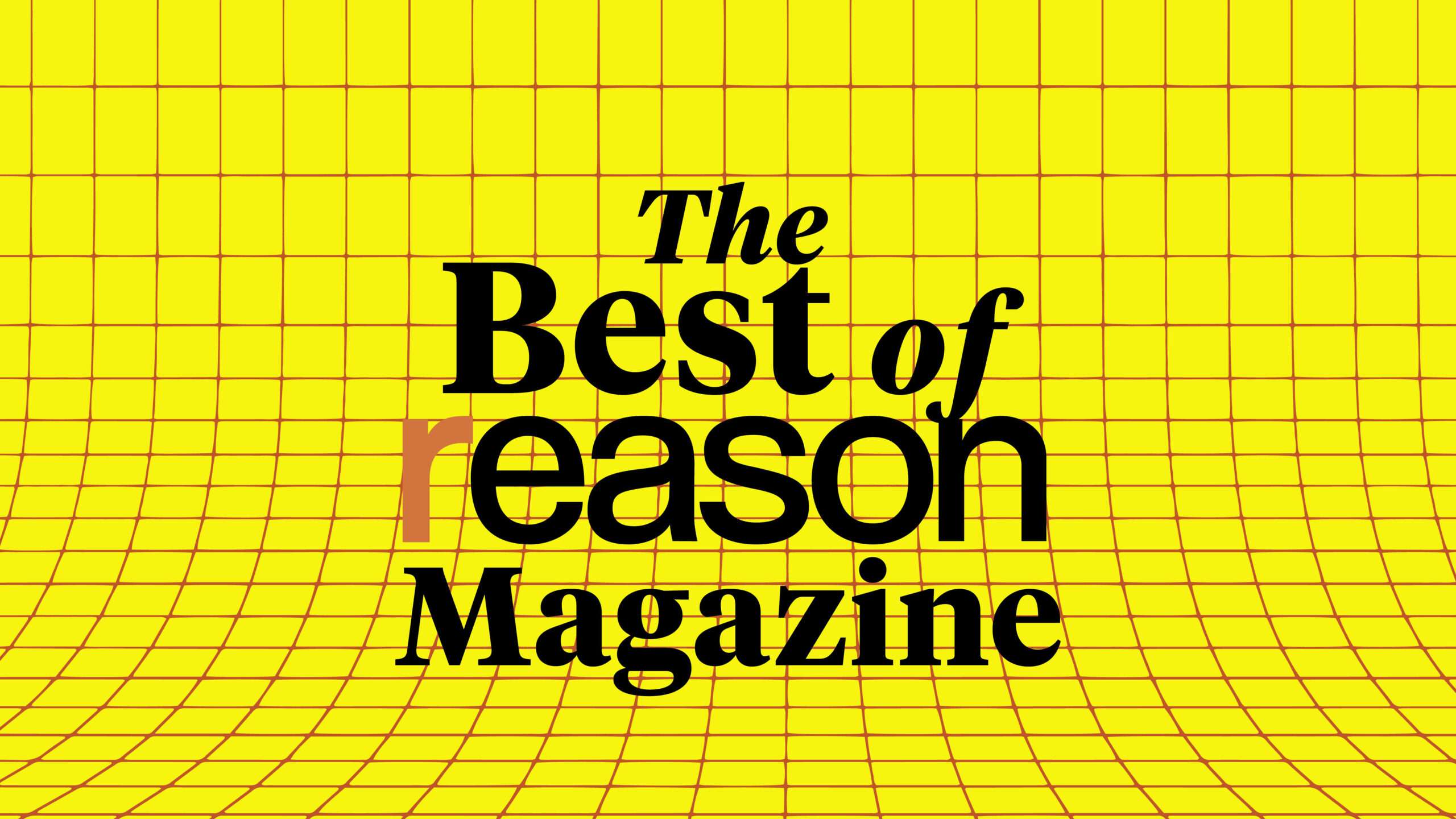Commentary
Reflecting on my initial impressions of the text, it seemed to contain self-evident truths that everyone agreed with. It was puzzling why Mill felt compelled to write it, given the prevailing support for free speech. However, two decades later, I was asked to lecture on the subject by college students who were disturbed by the suppression of diverse opinions on campuses.
Today, calls to suppress “misinformation, disinformation, and malinformation” reflect a shift towards using speech as a political tool rather than a fundamental right. The suppression of dissenting views has become commonplace, signaling a departure from Mill’s principles in favor of Marcuse’s ideology.
The erosion of free speech, particularly on college campuses, underscores the cultural impact of silencing dissenting voices. Media and technology now largely align with one political narrative, stifling diverse perspectives.
While biased content should not be censored, the taxpayer-funded promotion of specific viewpoints raises concerns. Maintaining a balance of voices without repression is essential for a healthy democracy.
Despite ideological differences, the preservation of free speech is vital in fostering a robust exchange of ideas. The current climate, where dissenting voices are marginalized, highlights the need to uphold the principles of free speech for a truly democratic society.
Numerous other pioneers in technology and communication are facing similar challenges.
The founder and CEO of Telegram was apprehended while traveling from the UAE to France, accused of refusing to provide a backdoor to government officials. In the meantime, the UK is arresting citizens for sharing memes, Ireland is attempting to prohibit “mean memes,” Brazil has forced 𝕏 to flee the country, Australia is trying to censor 𝕏’s posts, the EU has attempted to pressure Elon Musk, and Maduro is blocking all access to 𝕏. On campuses, censorship seems to have prevailed.
The crackdown on free speech today is more intense than I could have ever imagined as a college student reading Mill and questioning why anyone would oppose it. The concept of free speech remains as contentious today as it was during the War of the Roses. This is not by chance. The freedom to influence others is a liberty that no genuinely unpopular regime can tolerate.
Mark Zuckerberg of Facebook has now admitted that his platform yielded to pressure from the Biden administration to censor content related to COVID restrictions. He acknowledges that the government’s influence was misguided and expresses regret for not speaking out more forcefully. He also acknowledges that they made some decisions that they would not make today with the benefit of hindsight and new information.
Free speech is often considered the primary freedom, which is why it is listed first in the Bill of Rights. The government in the United States is prohibited from interfering with speech, a principle that the courts have consistently upheld. However, censors have become more sophisticated over the years, utilizing university centers, third parties, nonprofit organizations, and subtle techniques to influence platforms like Google, Facebook, and Amazon.
Although the battle for free speech is ongoing, there are still voices like Elon Musk who advocate for this fundamental right. The path to overcoming these challenges lies in the words of John Stuart Mill, who emphasized the importance of frank and full expression of one’s thoughts as a public service.
Despite the heavy price that may come with speaking out, it is crucial to uphold the principles of free speech. In these uncertain times, we must turn to the wisdom of John Stuart Mill for guidance.
“The only freedom that truly deserves the name is that of pursuing our own good in our own way, as long as we do not infringe on the rights of others. Each individual is responsible for their own well-being, whether physical, mental, or spiritual. Humanity benefits more from allowing each other to live as they see fit than from imposing one’s beliefs on others.” ~ John Stuart Mill
The opinions expressed in this article are solely those of the author and do not necessarily reflect the views of The Epoch Times. Please rewrite this sentence.
Source link







